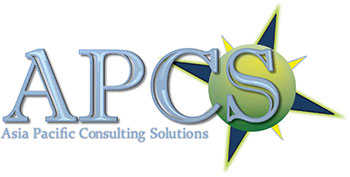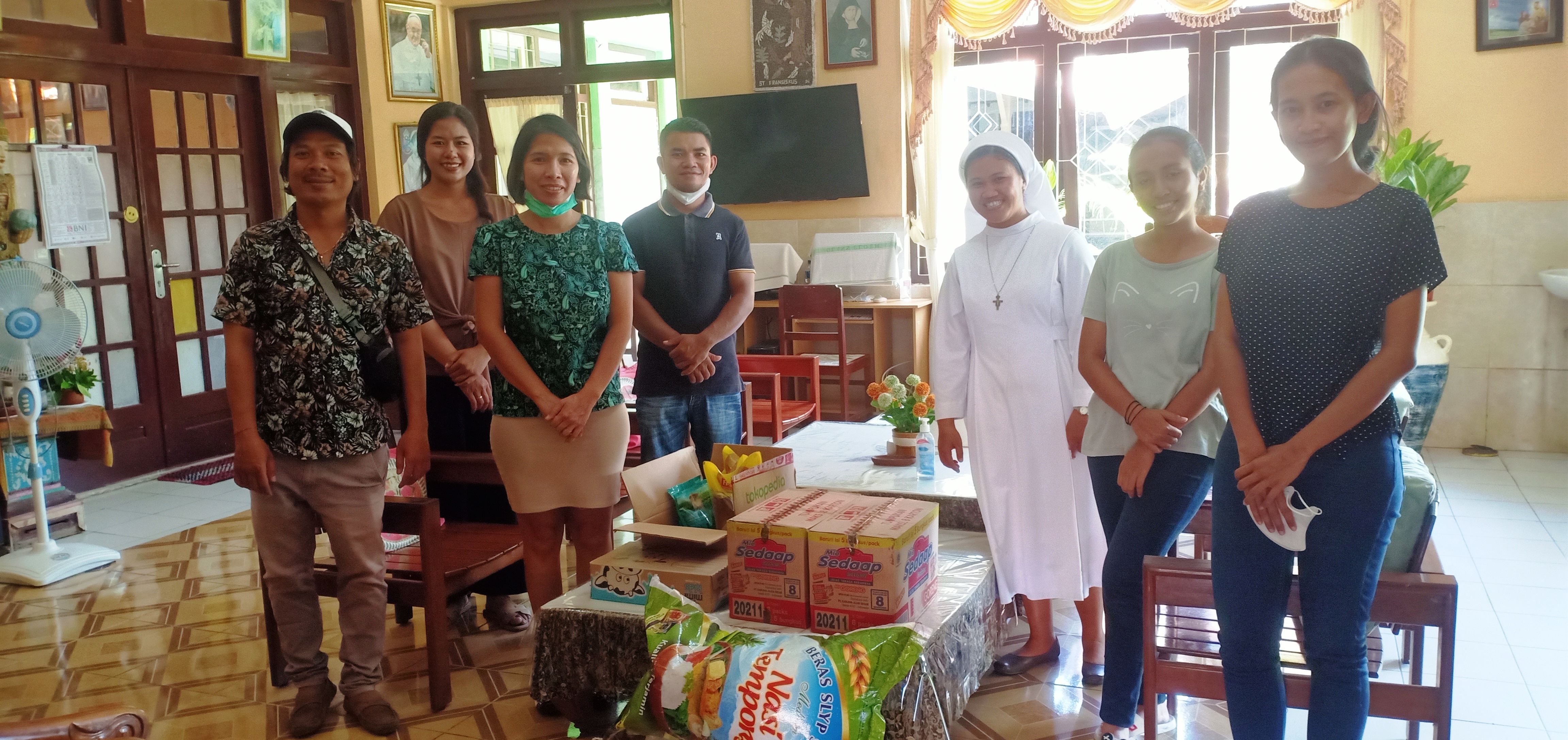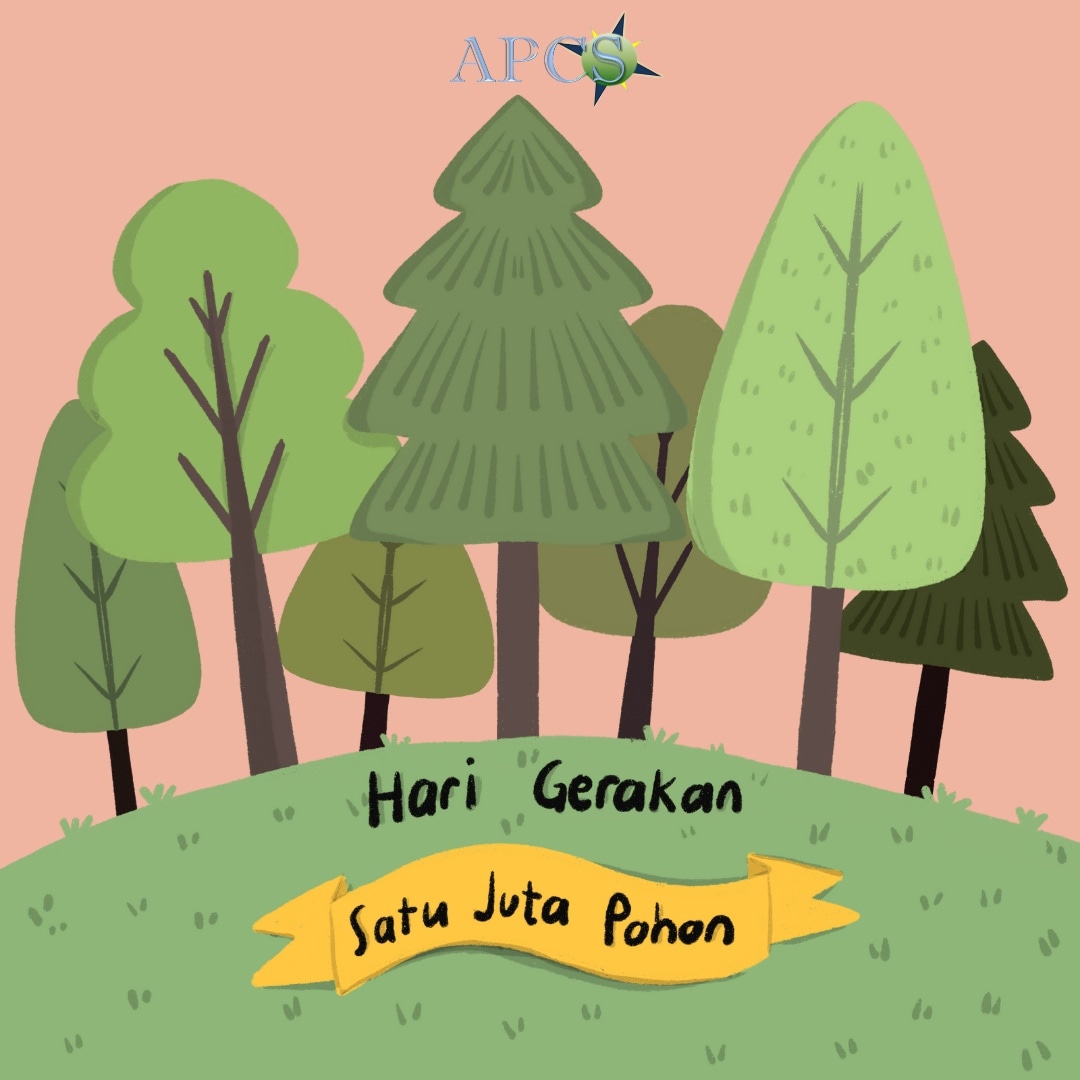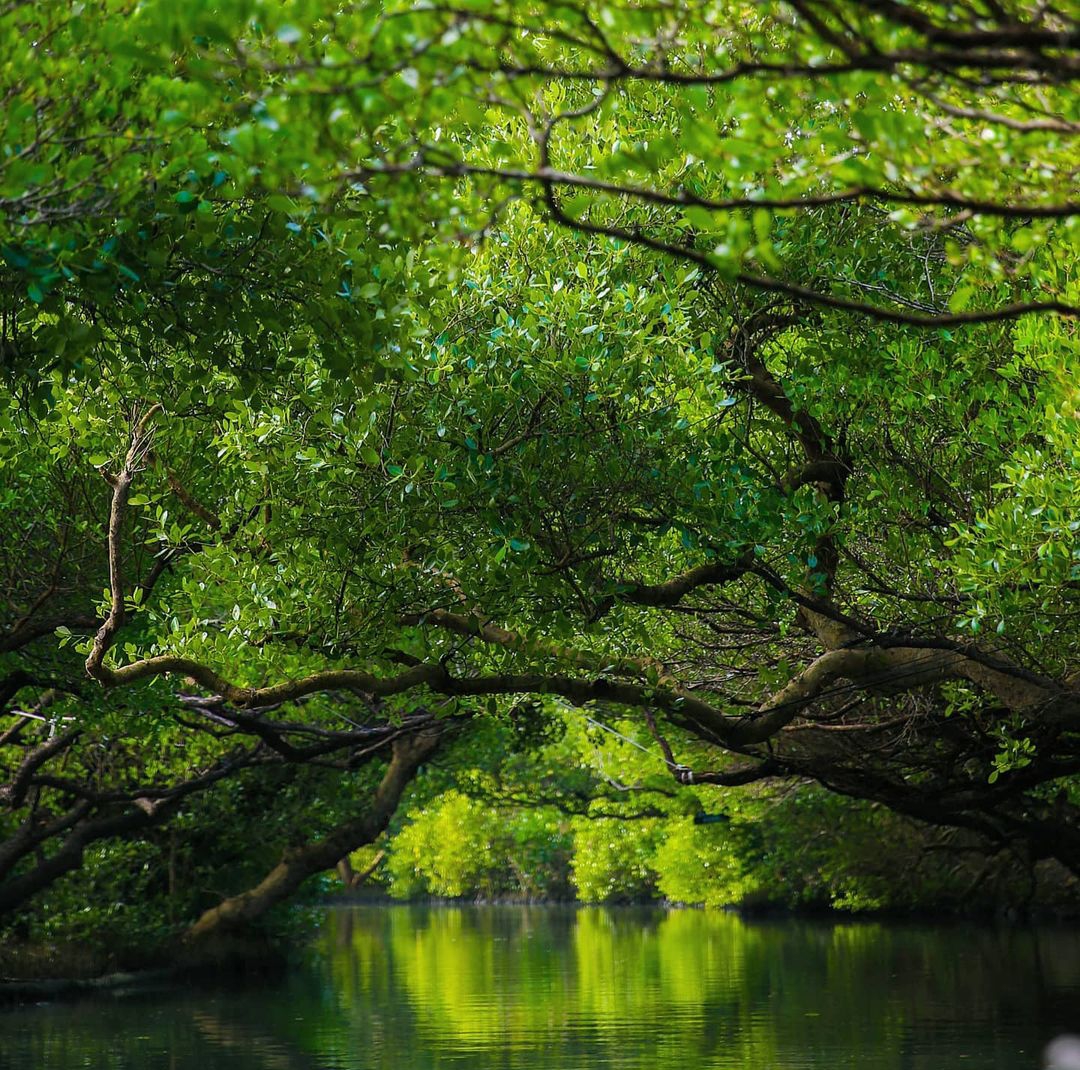
Plastic Pollution

Mostly the world's population used plastic bags in their daily lives. This is because plastic bags are very efficient and costly compared to using paper or cloth bags. But did you know that efficient plastic when used will be very deadly when it becomes trash?
Triggering Climate Change
From the production process, consumption, to its disposal, it produces high carbon emissions so that it contributes to climate change because the condition of the earth is increasingly heating up. The source of material for plastic bags made from petroleum, which is a non-renewable natural resource, results in environmental pollution in developing countries because the waste of the plant is discharged into the river and burning of methane gas results in carbon emissions into the air.
Dangerous to Human
Plastic bags that are burned can cause air pollution and respiratory problems. In addition, plastic bags used as food containers have the potential to disrupt human health because toxins in plastic bags can move to food.
Decompose for A Long Time
Plastic bags (and other types of plastic) are difficult to decompose on the ground because of their long carbon chains, which make it difficult to decompose by microorganisms. Plastic bags will decompose hundreds of thousands of years later. Plastic bags that are claimed to be environmentally friendly will decompose for a long time and will still become garbage. Moreover, because of its fast breaking down into plastic micro, it will be easier to pollute the environment.
Polluting The Environment
Plastic bags are disposable items with irresponsible post-consumption activities. Plastic bags that are disposed of carelessly can cause:
- Blockage of gutters and water bodies;
- Eaten by animals;
- Damage to ecosystems in rivers and the sea;
Because plastic waste (especially plastic bags) is not managed responsibly, this causes Indonesia to be "accused" of being the second largest contributor to plastic waste in the world (Jambeck et al, 2015).
We saw news of the discovery of dead carcasses stranded on the beach or floating in the middle of the sea often. When autopsy it turns out in his stomach there is a large amount of plastic waste in the ocean such as plastic bags, plastic wrapping snacks, to plastic waste for industry. They might assume that this plastic waste is food, but it turns out that it caused their death.
It is unfortunate if these marine biota bear the consequences of human irresponsible actions. Therefore, let’s start to minimize the use of plastic in our daily life. Bring your own grocery bag from home. Let's create a more friendly earth for all beings.
Source: Dietkantongplastik, author
Other News
-
 APCS Social Support Action; The Beauty of Sharing
APCS Social Support Action; The Beauty of Sharing
-
 How Can We Protect This Earth
How Can We Protect This Earth
-
 A Million Tree International Day
A Million Tree International Day
-
APCS's 10th Anniversary Celebration
-
 Benefits of Wetlands for Human Life
Benefits of Wetlands for Human Life
-
 Water and Their
Water and Their
-
 Virtual Office Saving The Environment and Business Cost
Virtual Office Saving The Environment and Business Cost
-
 INTERNATIONAL FOREST DAY: A MOMENTUM FOR FOREST FUNCTIONS
INTERNATIONAL FOREST DAY: A MOMENTUM FOR FOREST FUNCTIONS
-
 MANGROVE FOREST EXSISTENCE
MANGROVE FOREST EXSISTENCE
-
 The Famous Kapok Tree from Indonesia
The Famous Kapok Tree from Indonesia
-
 YONGKI IKHTIYANTO AS MANAGING DIRECTOR APCS
YONGKI IKHTIYANTO AS MANAGING DIRECTOR APCS
-
 PT. PANDU MAHA WANA (ASIA PACIFIC CONSULTING SOLUTIONS) AS A NEW MEMBER OF FSC®
PT. PANDU MAHA WANA (ASIA PACIFIC CONSULTING SOLUTIONS) AS A NEW MEMBER OF FSC®
-
 Welcoming FSC® Asia Pacific Policy Manager To Be Located In Indonesia
Welcoming FSC® Asia Pacific Policy Manager To Be Located In Indonesia
-
 Regional Consultation for Asia-Pacific: Guidelines for the Sustainable Management of Production Forests in Tropical Countries through Forest Concessions in the Context of Agenda 2030
Regional Consultation for Asia-Pacific: Guidelines for the Sustainable Management of Production Forests in Tropical Countries through Forest Concessions in the Context of Agenda 2030
-
 FRESH AIR BECOME MORE “EXPENSIVE†BECAUSE OF CARBON, WHY?
FRESH AIR BECOME MORE “EXPENSIVE†BECAUSE OF CARBON, WHY?
-
 Premier Asian Event for Pulp, Paper, Board, Packaging, Print and Corrugated Industries 2016
Premier Asian Event for Pulp, Paper, Board, Packaging, Print and Corrugated Industries 2016
-
 Asia-Pacific Forestry Week (APFW) 2016
Asia-Pacific Forestry Week (APFW) 2016
-
 APHI- TBI International Trade Event 2016 “Indonesian Tropical Hardwood – Sustainable, Quality, Guaranteed “
APHI- TBI International Trade Event 2016 “Indonesian Tropical Hardwood – Sustainable, Quality, Guaranteed “
-
 APCS Celebrates 5 Year Anniversary!
APCS Celebrates 5 Year Anniversary!
-
 Fight Peat Fire With Peat FireX
Fight Peat Fire With Peat FireX
-
 FSC certification yields financial benefits for tropical forest businesses, shows new WWF report
FSC certification yields financial benefits for tropical forest businesses, shows new WWF report
-
 Peat Destruction, Soil Subsidence and Flooding in South East Asia
Peat Destruction, Soil Subsidence and Flooding in South East Asia
-
 APCS experienced the adventure!
APCS experienced the adventure!
-
 Rimba Raya Conservation Audit 2015
Rimba Raya Conservation Audit 2015
-
 Recent News - January 2015
Recent News - January 2015
-
 APCS's High Conservation Value Identification for APP: World's Largest and Most Complex Assessment
APCS's High Conservation Value Identification for APP: World's Largest and Most Complex Assessment